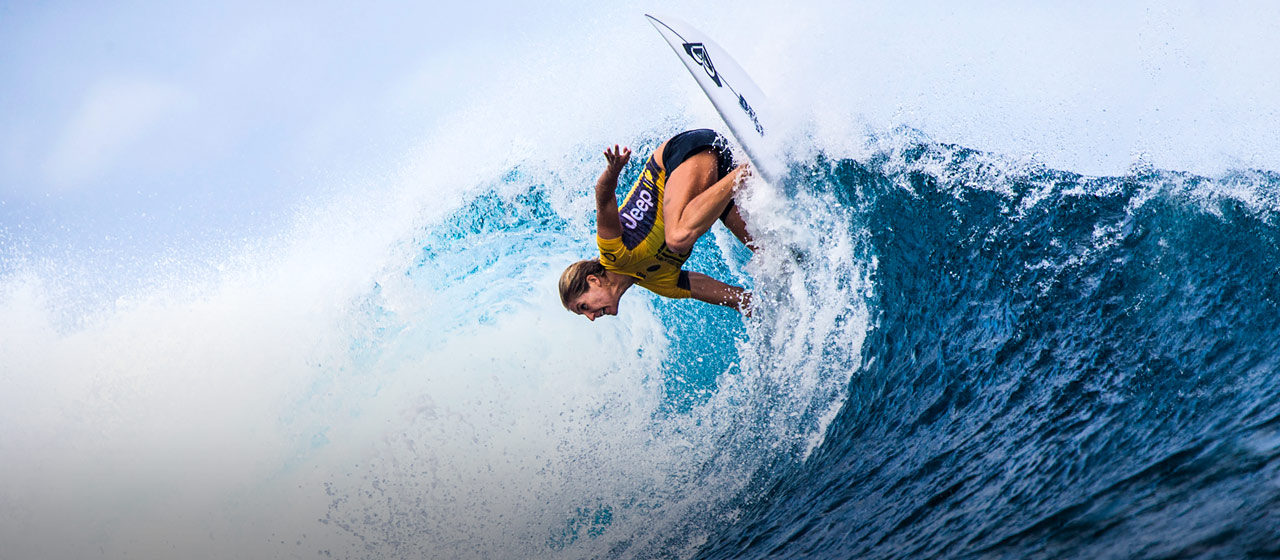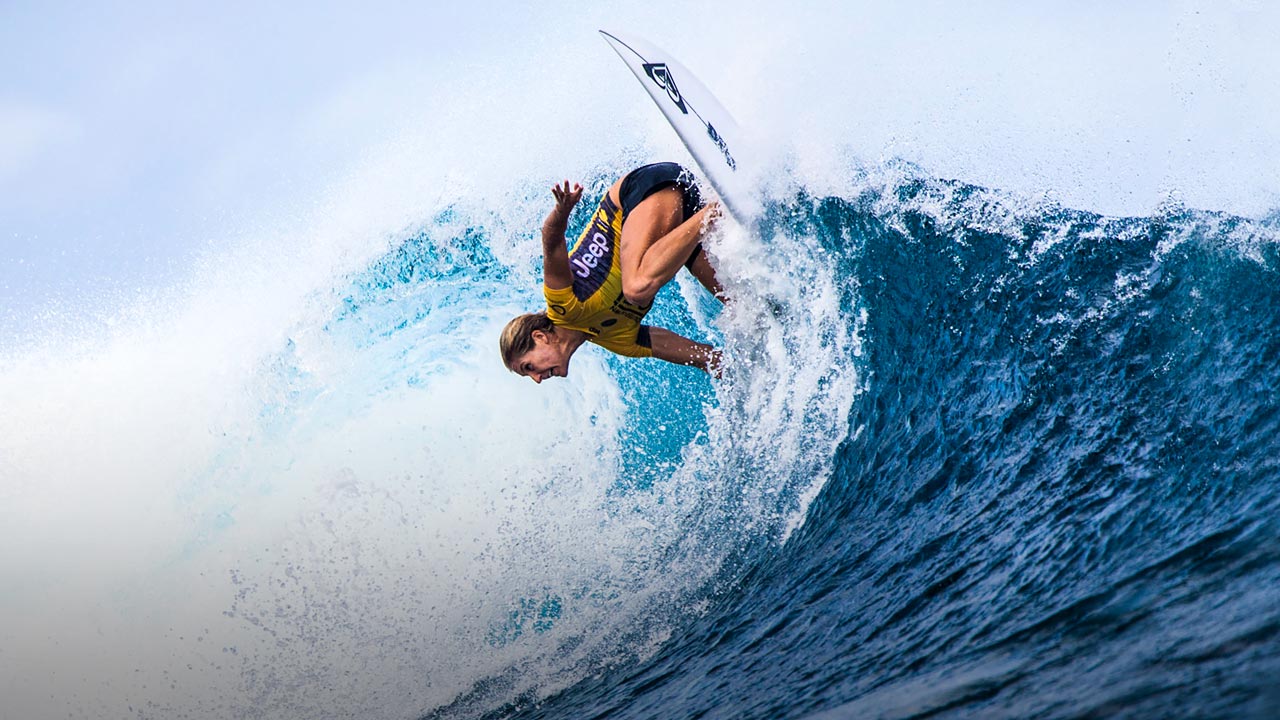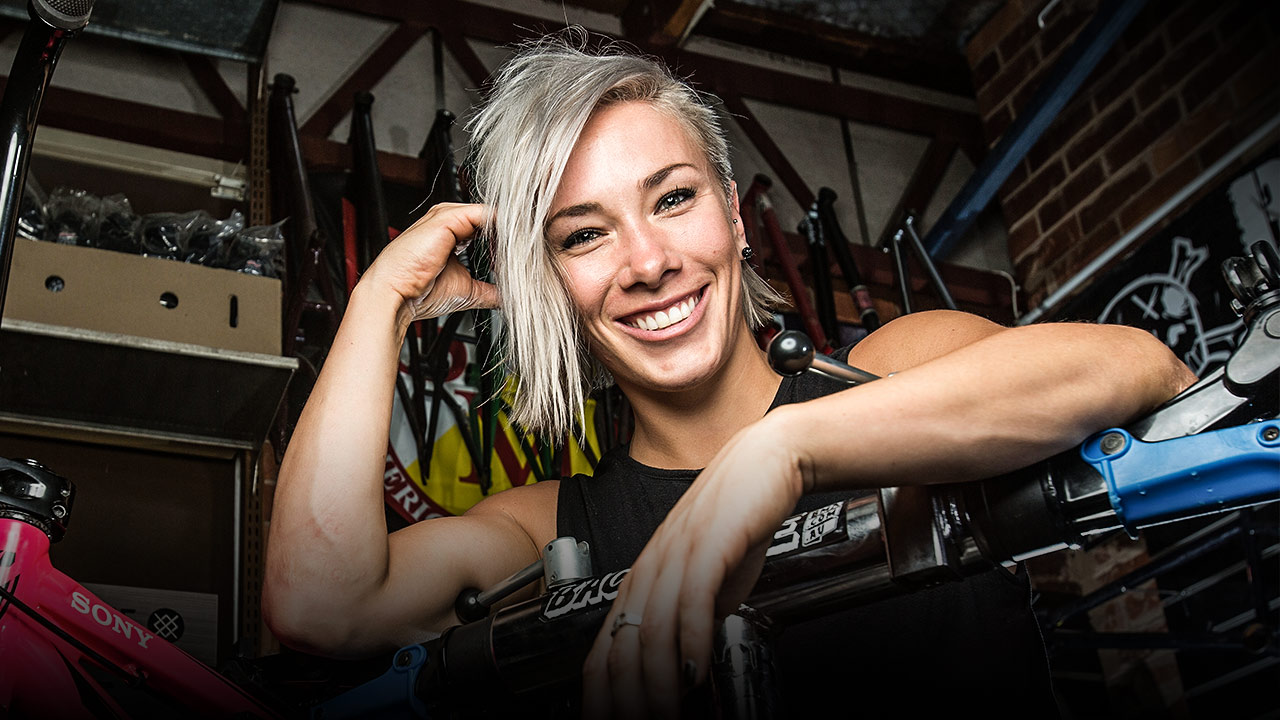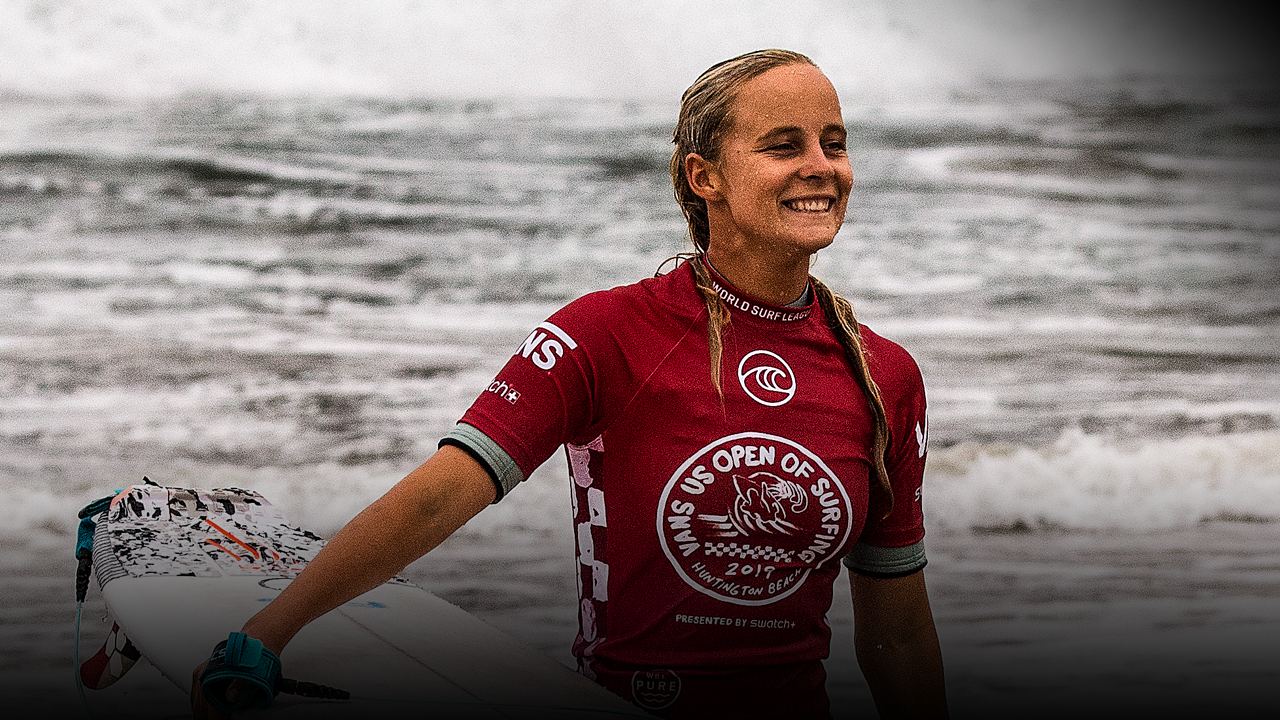Surfing
Learning from a smiling assassin
I was pretty much at the peak of my powers. It was 2005 at the Roxy Pro on the Gold Coast and I’d already won six of what would be my seven world titles.
It was the first event of the new season and I was hungry for more success. I breezed through to the semi-final and thought there would no issue getting past my next opponent, some 16-year-old upstart, an event wildcard no less.
Things were going well. I was winning the match-up and appeared on course to go through to the final. But then, Steph Gilmore did what Steph Gilmore has done ever since – culminating in her having just won her seventh world title, equalling my record.
Looking elegant, graceful and relaxed, the youngster finished off the contest in style, knocking me out of the event on her final wave and going on to win it herself.
I was bitterly disappointed. Winning the first event of the year sets you up with momentum. Everyone wants to start the year with a win, but this little kid came along and broke my rhythm.
The next year I began staging my own event, the Beachley Classic, which was actually the richest standalone women’s event in the world at the time. I’d long battled for more recognition and respect for female surfers and wanted to help create a new generation who could be properly rewarded and recognised for their talents.
I invited Stephanie and 11 other under-18s to compete in the trial to earn a wildcard position into my event. Steph won the trials, then beat me in the final of my own event! These youngsters have no respect for their elders!

What is it about Stephanie Gilmore that has enabled her to have such success? It’s an interesting question, because my seven titles were won in a very different environment and Steph and I are different sorts of people. Having said that, we formed a great relationship over the years, I’ve mentored her in some ways and we’ve taught each other a thing or two about life along the journey. She’s always set a really high standard in the water and inspired me to rise to it, even though I was the champion at the time.
In surfing terms, the thing about Steph on that day at Snapper Rocks was that she was fresh, new and exciting. She was a bit of new blood on the tour, which always interests the judges. But she also brought a different style of performance, which she has held onto through all her ups and downs.
Her style of surfing is very fluid and beautiful to watch, so unique, so graceful. She is the female version of Joel Parkinson and Mick Fanning combined.
She’s a beautiful girl inside and out, but her beauty has always shrouded a formidable competitor. She is calculating, she analyses and listens. I often think of her as the Smiling Assassin – it’s impossible to ever get angry at her, but she will tear you to shreds in a contest. She has never shown fear when coming up against the champions of the sport, never threatened or intimidated by the enormity of a situation. She changed the whole dynamic of women’s surfing.

FIGHTING THE ODDS
I knew in 2008 that it would be my last year on the tour and I wanted to go out on top. It was the semi-final of an event at Mancora in Peru and I was up against you know who. I got a nine-something on my first wave and all I needed to do was back it up, which I failed to do. Steph went on to beat me and win the final.
I was really deeply disappointed, but she came up to me afterwards and said, ‘You know, you’re the benchmark. I know that if I can get past you, I’m unstoppable’.
I prided myself on continuing to raise the bar and raise the standard. To have that recognised by someone as accomplished as her – as focused, talented and successful – was a huge compliment. But it also said to me that Steph had an understanding of how lucky she was to be able to capitalise on the struggles of those who came before her.
I spent my career in survival mode. I had to battle in the boardroom, battle in the waves, fight against the sexist, draconian attitude of the guys who refused to recognise the value us women were creating and adding. We were undervalued by the surfing world and the industry as a whole. It was a real fight to gain the respect that the girls are enjoying today.
To hear the WSL announce pay equity recently was amazing. And it was really gratifying to see how much it meant to Steph. That, to me, demonstrated that she recognised what my generation went through to create a better environment, the one she’s currently enjoying.
More about: Layne Beachley | Mick Fanning | Steph Gilmore | Women's Sport | WSL






 Load More
Load More